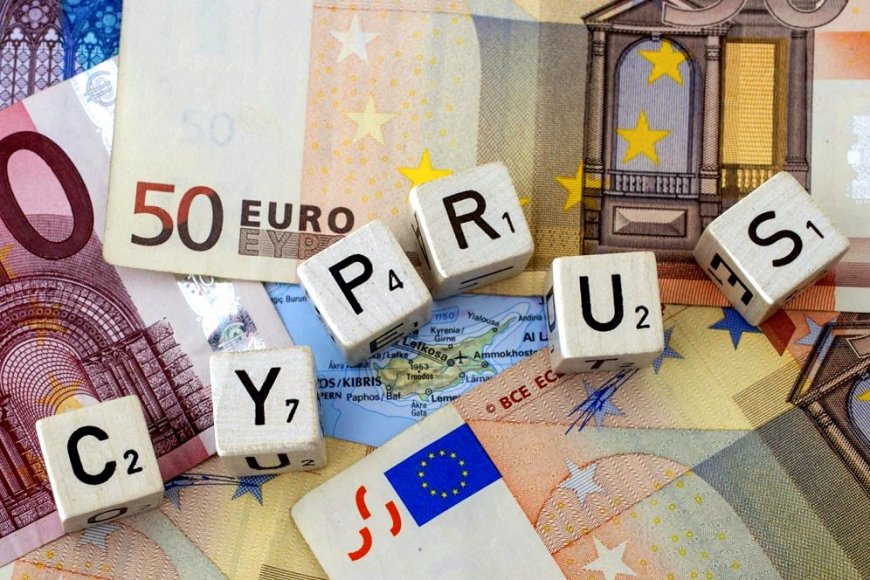Cyprus and Malta: Sunny EU Tax Havens for Entrepreneurs, Expats, and Global Businesses
Discover why Cyprus and Malta are considered the EU’s sunny tax havens. Learn how individuals and businesses optimize taxes through residency, corporate structures, and incentives in these Mediterranean hubs.

Introduction: Mediterranean Havens in the EU
For decades, the Mediterranean islands of Cyprus and Malta have attracted not only tourists seeking sunshine but also entrepreneurs, investors, and global corporations searching for tax-efficient jurisdictions within the EU. Unlike exotic offshore havens, these countries operate fully inside the European legal framework — which gives them a unique blend of credibility, low taxes, and strategic opportunities.
👉 For comparison, see our breakdown of Ireland’s corporate magnetism or Scandinavia’s high-tax model.
Cyprus: The Bridge Between Europe and the World
1. Corporate Taxation
Cyprus boasts one of the lowest corporate tax rates in the EU at 12.5%, aligned with Ireland. But its real charm lies in exemptions and incentives:
-
Dividend income is generally tax-free.
-
No withholding tax on dividends, interest, or royalties paid abroad.
-
IP Box regime: Effective tax on intellectual property income can drop to ~2.5%.
-
Capital gains exempt, except for immovable property in Cyprus.
This makes Cyprus a top choice for holding companies, international trade, and intellectual property structures.
2. Personal Taxes & Residency
-
Progressive income tax up to 35%.
-
Non-domiciled regime: Foreign individuals moving to Cyprus are exempt from tax on worldwide dividends and interest for 17 years.
-
“60-day rule” residency: One of the most flexible in Europe — you can become tax resident if you spend just 60 days per year in Cyprus, provided you have economic ties (business, employment, or property).
This makes Cyprus a hotspot for digital nomads, investors, and HNWIs seeking tax residency with minimal presence.
3. VAT and Other Taxes
-
Standard VAT: 19%, reduced to 5% for essentials.
-
No inheritance or estate taxes.
-
Property taxes abolished in 2017.
Cyprus markets itself as a low-tax jurisdiction inside the EU, with stability and legal certainty.
4. Popular Optimization Strategies in Cyprus
-
IP holding structures for tech and digital businesses.
-
Non-dom residency for wealthy expats.
-
Shipping industry incentives, making Cyprus a maritime hub.
-
Crypto-friendly policies, where gains are often treated as tax-free.
Malta: Europe’s Citizenship and Blockchain Pioneer
1. Corporate Taxation
At first glance, Malta’s corporate income tax of 35% seems high. But the magic lies in its refund system:
-
Shareholders can claim 6/7 refunds, reducing the effective rate to 5% for most trading companies.
-
Holding companies enjoy participation exemptions on dividends and capital gains.
-
Extensive double taxation treaties make Malta attractive for international structuring.
This “high rate on paper, low rate in practice” strategy allows Malta to comply with EU standards while staying competitive.
2. Personal Taxes & Residency
-
Progressive rates up to 35%.
-
Global Residence Programme (GRP): Non-EU nationals can gain residency with flat tax on foreign income remitted to Malta.
-
High Net Worth Individual (HNWI) schemes: Special reduced rates.
-
Citizenship by Investment (IIP): Malta was one of the first EU countries to offer passports via investment, though under EU pressure, the scheme is now restricted.
Malta is especially attractive for wealthy expats and investors seeking EU access.
3. VAT and Other Taxes
-
Standard VAT: 18% (lower than Cyprus).
-
Property stamp duty: 5%.
-
No wealth tax.
4. Blockchain and Crypto Hub
Malta branded itself as the “Blockchain Island”, introducing progressive regulation for crypto exchanges and token issuers. While implementation faced challenges, the country remains a key destination for crypto businesses, offering legal certainty within the EU.
👉 For expats, compare with UK’s post-Brexit regime or Ireland’s IP structures.
Cyprus vs. Malta: Which is Better for You?
-
For Corporate Structures:
-
Cyprus is stronger for IP and holding companies.
-
Malta shines with refund-based trading companies and strong finance sector links.
-
-
For Personal Tax Residency:
-
Cyprus offers the flexible 60-day rule and generous non-dom regime.
-
Malta provides residency and citizenship pathways, though under EU scrutiny.
-
-
For Lifestyle:
-
Both countries offer sun, sea, and English-speaking environments.
-
Cyprus is geographically closer to the Middle East, Malta more connected to Europe.
-
Criticism and Challenges
Both Cyprus and Malta face criticism for being “sunny tax havens” inside the EU. They have been targeted by EU and OECD pressure to close loopholes. The 2020 Cyprus passport scandal (selling citizenship to questionable applicants) and Malta’s citizenship programme disputes illustrate this.
Still, both nations adapt quickly, ensuring that their regimes remain competitive yet compliant with international standards.
Optimization Tips for Expats and Businesses
-
Consider dual residency planning to maximize treaty benefits.
-
For entrepreneurs: use Cyprus IP Box or Malta refund system to minimize effective corporate tax.
-
For individuals: explore non-dom status in Cyprus or flat tax schemes in Malta.
-
Always pair structures with substance requirements — real offices, employees, and local presence to avoid blacklisting.
Conclusion: The Mediterranean Advantage
Cyprus and Malta remain two of the most attractive low-tax jurisdictions inside the EU. They combine sunshine and lifestyle with powerful tax regimes, making them hubs for expats, entrepreneurs, and global corporations.
They are not without controversy, but for those seeking a balance between tax efficiency and EU legitimacy, these islands remain unmatched.
👉 Want a deeper dive? Read our full analysis of Cyprus and Malta individually, and compare with Ireland’s low-tax system.
What's Your Reaction?
 Like
0
Like
0
 Dislike
0
Dislike
0
 Love
0
Love
0
 Funny
0
Funny
0
 Angry
0
Angry
0
 Sad
0
Sad
0
 Wow
0
Wow
0

































































